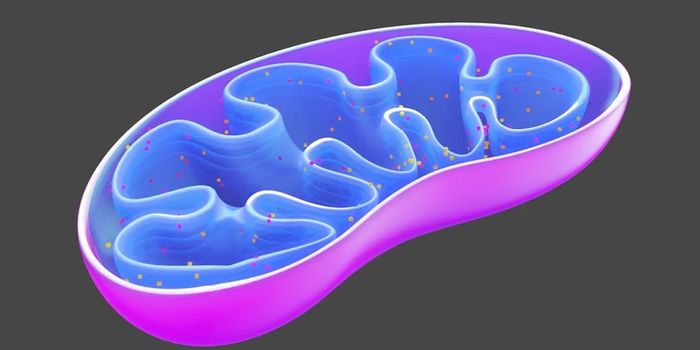A Mysterious Molecule That Enables Viruses to Overcome Immunity
Viruses can infect many different kinds of cells, and those cells can often react directly to the infection. When bacterial cells are infected by viruses, they can't call on an immune system for help, but they do have ways of responding defensively to the virus. Bacteriophages, which are viruses that infect bacteria, have also found ways to evade immunity at the cellular level. Scientists have now learned more about a novel mechanism that viruses use to overcome bacterial immunity, and a mysterious molecule that is involved in the process. These findings, which have been reported in Nature, could help us learn more about how human cells respond to viral infection.
Bacteriophages (or phages) can inject their viral genomes into bacterial cells they aim to infect. Once that happens, the bacterial cell is taken over and used as a factory that manufactures and releases more viral particles. Eventually, the infected bacterial cell dies.
A molecule in bacterial cells called TIR can detect a phage infection. If that occurs, TIR triggers an immune response. TIR has been found in the immune systems of plants, animals, and bacteria.
Researchers have now revealed how phages evade the effects of TIR. Some phages carry a gene that encodes for a protein, called Tad1, that can neutralize TIR. Tad1 can capture the signal triggered by TIR almost as soon as it is released.
"It was as if the protein quickly swallowed the molecule, not letting the immune system get even a glimpse of it," said study leader Professor Rotem Sorek of the Weizmann Institute of Science. "This kind of immune evasion mechanism was never seen in any known virus."
Since the phage had captured the molecular signal, the team aimed to look for its structure through crystallography. With "an assist from the phage," the researchers were able to identify the "mysterious immune molecule" they have been looking for, Sorek noted.
"We discovered a new way in which viruses can deactivate immune systems that rely on signaling molecules," said Sorek. "These immune systems aren't exclusive to bacteria; they exist in the cells of plants and human beings."
We might learn more about the viruses that affect humans by studying phages and how they have evolved to respond to bacterial immune systems.
"We will not be surprised if viruses that infect our body use the exact same mechanism as the Tad1 we found in phages," Sorek added.
Sources: Weizmann Institute of Science, Nature









